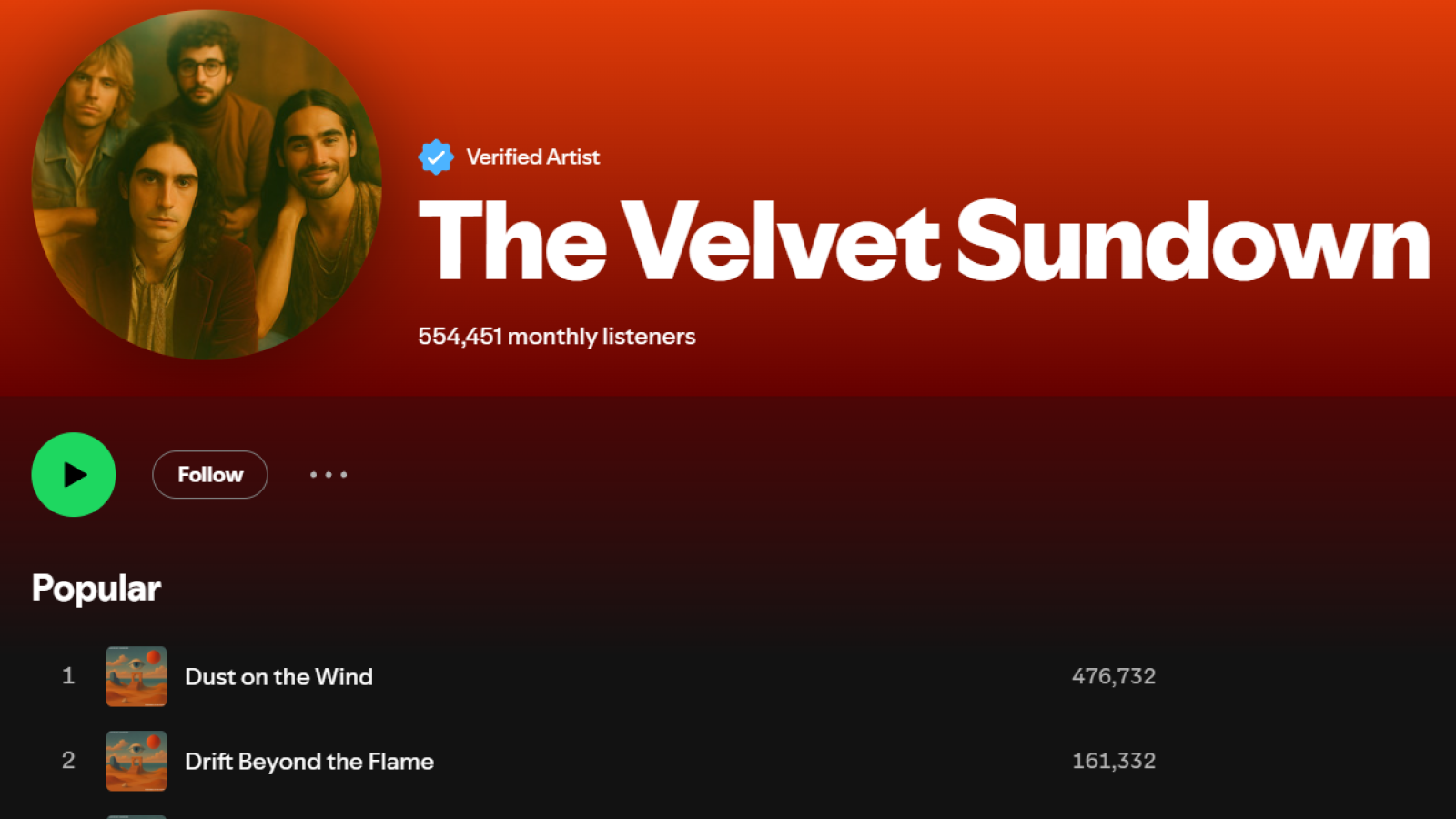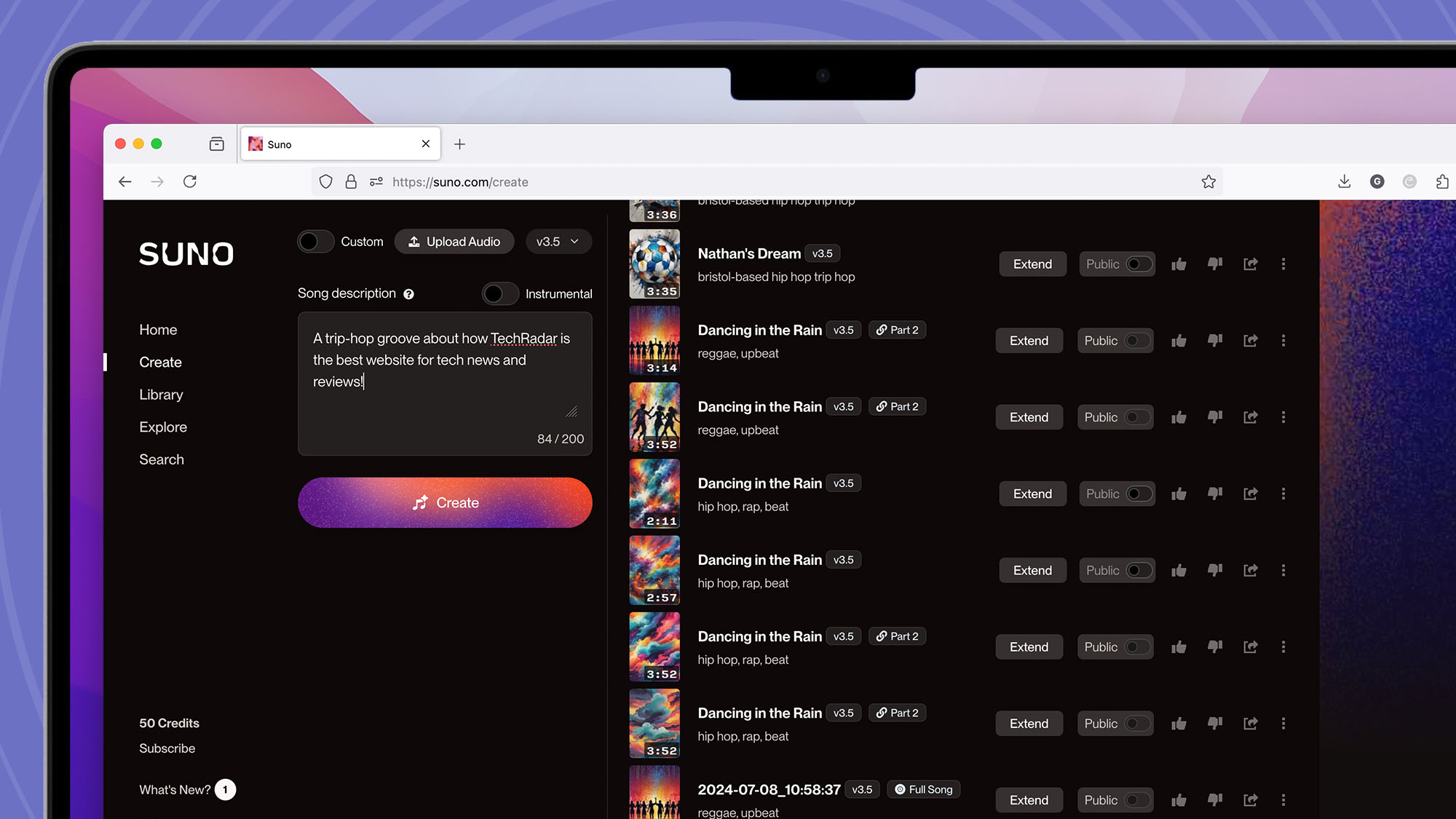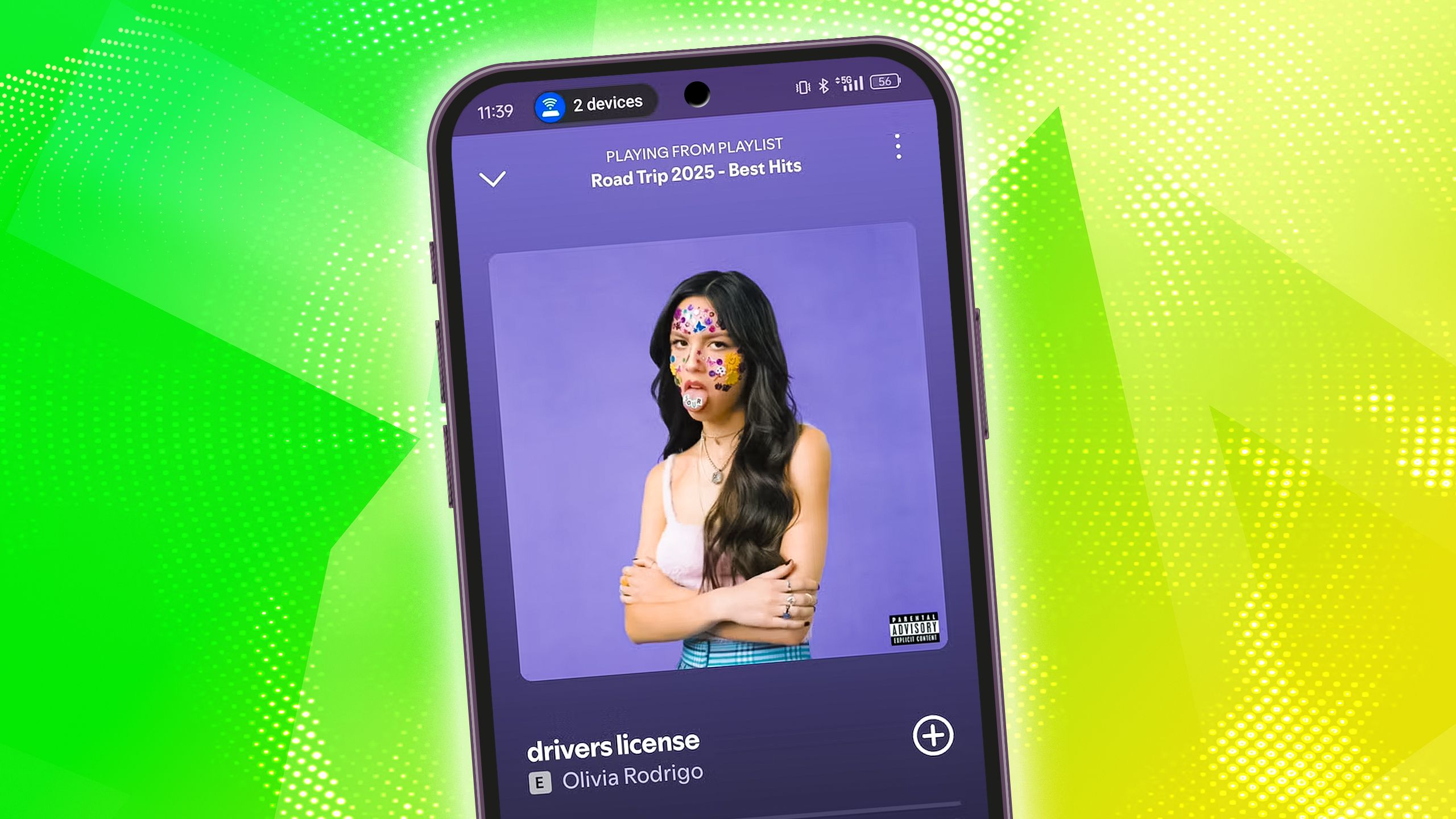
The Velvet Sundown: AI Music's Viral Sensation and Its Implications
In a groundbreaking moment for the music industry, The Velvet Sundown, an AI-generated music group, has taken Spotify by storm with their catchy hit "Dust on the Wind." Since its release on June 20, 2025, the track has garnered an impressive 474,000 monthly listeners and 380,000 streams, making it a viral sensation that raises profound questions about the future of music creation and copyright in an age increasingly dominated by artificial intelligence.

The Rise of AI in Music
As digital platforms like Spotify continue to evolve, they remain notably silent regarding the labeling or restriction of AI-generated content. This inaction has led to a heated debate within the music community about the implications of AI on creativity and copyright laws. In 2023, for instance, major American record labels initiated lawsuits against AI companies such as Suno and Udio, asserting that these firms had trained their models using copyrighted material without proper authorization. These companies are now relying on the contentious "fair use" doctrine to defend their practices, arguing that their AI training falls within legal boundaries.
The rise of The Velvet Sundown exemplifies a pivotal moment in music history. As listeners embrace this new form of artistry, the industry finds itself grappling with ethical and legal ramifications. How do we define creativity when machines can produce music that resonates with human emotions? What does copyright look like when the creator is not a human being, but a sophisticated algorithm?
The Changing Landscape of Music Ownership
The surge of AI-generated music is prompting industry veterans to reassess long-held beliefs about authorship and ownership. "We are at the frontier of a significant transformation," says music rights advocate, Brian Tanner. "We need to redefine how we perceive creativity; it is not merely about the individual artist anymore, but also about the technology that assists them."
As streaming services become more mainstream, the dynamics of music consumption are shifting. According to a recent report by the NPD Group, over 75% of music listeners expressed openness to exploring AI-generated music. This newfound acceptance may lead to a deeper integration of AI technologies in music production, potentially lowering costs and expanding access to music for creators.

The Ethical Debate
The ethical questions surrounding AI-generated music are complex and multifaceted. On one hand, AI has the potential to democratize music creation, allowing individuals without extensive musical training to produce high-quality tracks. On the other hand, it raises concerns about the dilution of artistic expression and the potential for AI to replace human creators.
"There's a fine line between innovation and exploitation," argues Dr. Emily Chen, a musicologist specializing in the intersection of technology and art. "While AI can create appealing sounds, it lacks the lived experiences and emotions that human artists bring to their work."
The emotional connection that human artists forge with their audience is a vital part of music's allure. Can an algorithm truly capture the essence of heartbreak, joy, or familial love? As AI continues to evolve, the industry must confront whether these newfound creations can evoke genuine emotional responses comparable to those generated by human artists.
The Future of Music
As we look toward the future, the implications of AI in music are likely to expand further. The Velvet Sundown serves as both a beacon of innovation and a harbinger of challenges. With each viral hit, the industry faces the pressing need to establish new guidelines and legal frameworks that adequately address the complexities of AI-generated content.
The need for transparency regarding the origins of music will likely become more pronounced. Streaming platforms may be compelled to disclose whether songs are AI-generated, helping listeners to navigate their choices while supporting human artists.
Conclusion
The Velvet Sundown's viral success is not merely about entertainment; it is a pivotal moment that challenges the music industry to rethink its definitions of creativity and ownership in the age of AI. As listeners tune in to the catchy beats of AI-generated music, they simultaneously engage in a broader conversation about the future of artistry.
As the industry grapples with these ethical and legal dilemmas, one thing is clear: AI's role in music is here to stay, and it will continue to reshape our understanding of creativity for years to come.
